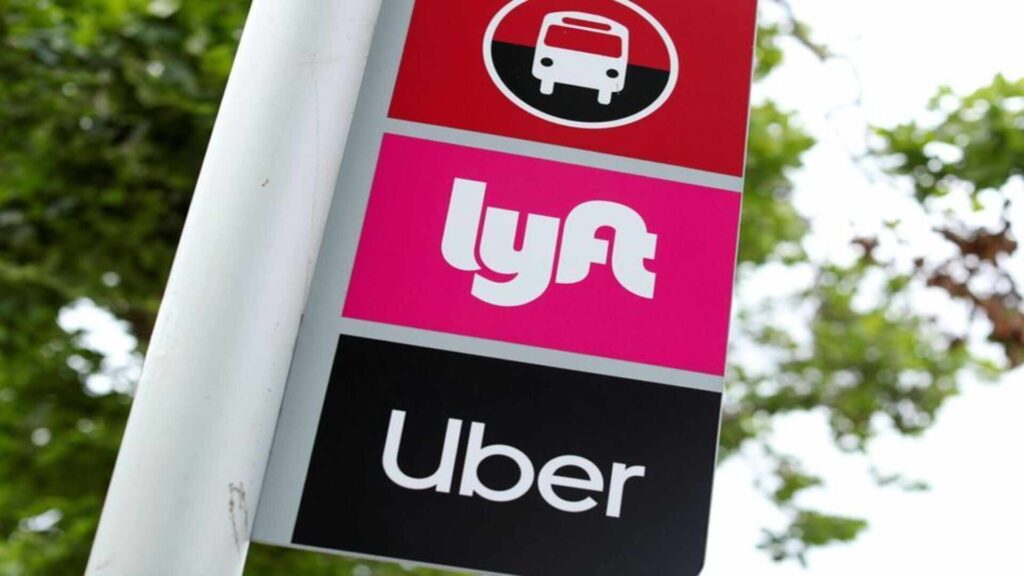
Uber and Lyft have issued a stern ultimatum to Minneapolis: comply with their demands or face the loss of rideshare services in the region. The impending standoff arises from a contentious minimum pay ordinance approved by the city council, prompting the rideshare giants to threaten withdrawal from the area by May 1st.
The ordinance, slated to take effect on May 1st, mandates a minimum pay rate of $1.40 per mile and 0.51 cents per minute for rideshare drivers, with a minimum fare of $5 per ride. Despite the mayor’s veto being overridden by the city council, Uber and Lyft have doubled down on their stance, vowing to halt operations in protest.
If Uber and Lyft follow through with their threat, Minneapolis would become the sole U.S. city devoid of their rideshare services, a stark testament to the escalating tensions between rideshare corporations and municipal authorities.
The legislation, championed by advocacy groups representing rideshare drivers, seeks to address long-standing grievances over dwindling pay and escalating operational costs.
ALSO READ: Uber, Lyft Rideshare Drivers Strike Over Dramatic Pay Decrease
Rideshare drivers, including Eid Ali, president of the Minnesota Uber and Lyft Drivers Association, assert that the minimum pay requirement is a fundamental right for all workers and vehemently oppose the corporations’ resistance.
Ali rebuffed claims from Uber and Lyft regarding the ordinance’s feasibility, emphasizing that drivers deserve a living wage commensurate with their contributions to the rideshare ecosystem.
Moreover, Ali contends that the departure of Uber and Lyft would not signify the end of rideshare services in Minneapolis, as other stakeholders have expressed interest in filling the void left by the corporations.
POLL—Should the Government Increase Taxes on the Wealthy To Reduce Economic Inequality?
Farhan Badel, a rideshare driver since 2018, echoed Ali’s sentiments, decrying the exploitative practices of Uber and Lyft and advocating for fair compensation.
Badel lamented the decline in driver earnings over the years, attributing it to the corporations’ profit-driven policies at the expense of drivers, particularly those from immigrant communities.
The rift between rideshare corporations and Minneapolis authorities has triggered a political tug-of-war, with Republican legislators introducing a bill to preempt the city’s regulations and retain Uber and Lyft in the region.
In response to the impending exodus, Uber and Lyft have intensified their lobbying efforts, urging state leaders to intervene and enact comprehensive legislation that ensures fair compensation for drivers while preserving the affordability of rideshare services.
ALSO READ: Burger King Announces Free Whopper Deal After Wendy’s Pricing Backlash
Despite the corporations’ rhetoric, critics argue that their opposition to the regulation is rooted in self-interest rather than genuine concern for drivers’ welfare.
The ongoing standoff underlines the broader challenges facing the gig economy and the need for regulatory frameworks that balance the interests of drivers, corporations, and consumers alike.
You Might Also Like:
Experts Raise Concerns About Russia’s Plans to Deploy Anti-Satellite Nuke in Space
Why Are Two People Buried Under This Airport Runway?
Ex-Giuliani Associate Dishes Dirt on Trump, Claims Allegations Against Biden Are False
These Are the Symptoms and Risk Factors Associated With Sarcoidosis
Supreme Court Declines Calls To Limit Biden Administration’s Contacts With Social Media Platforms
